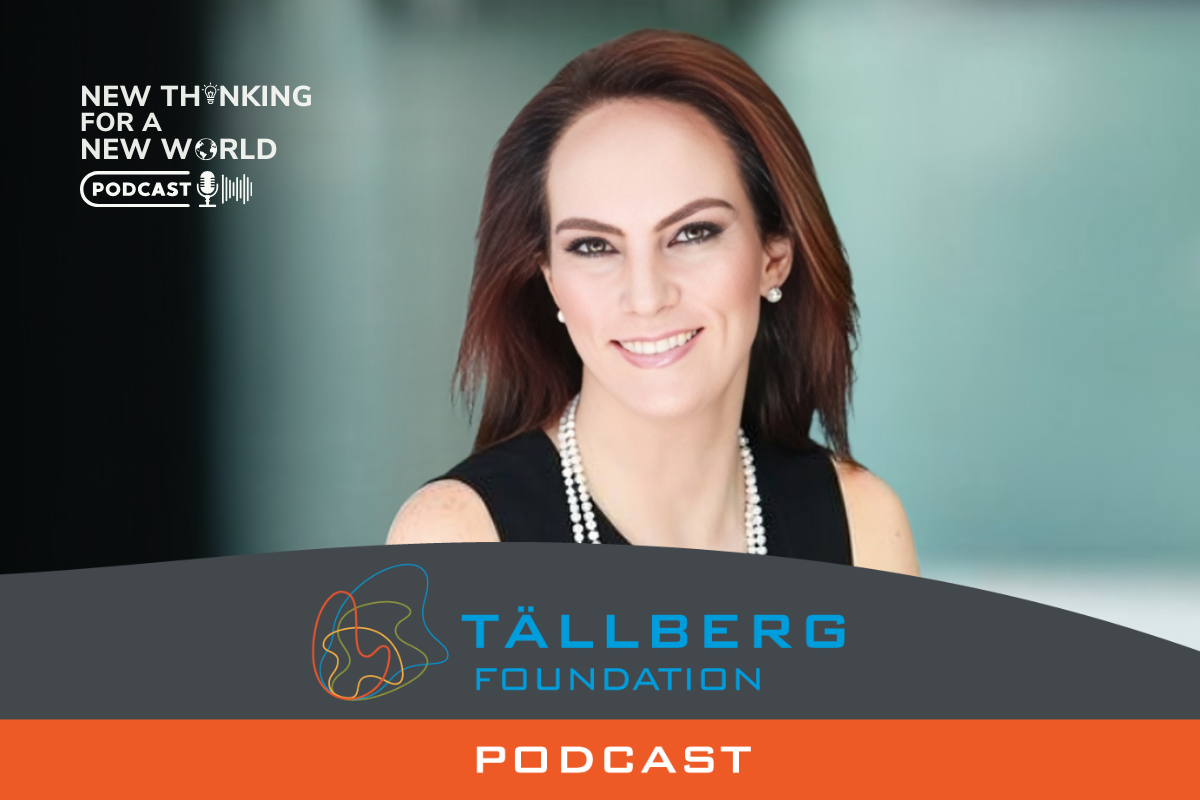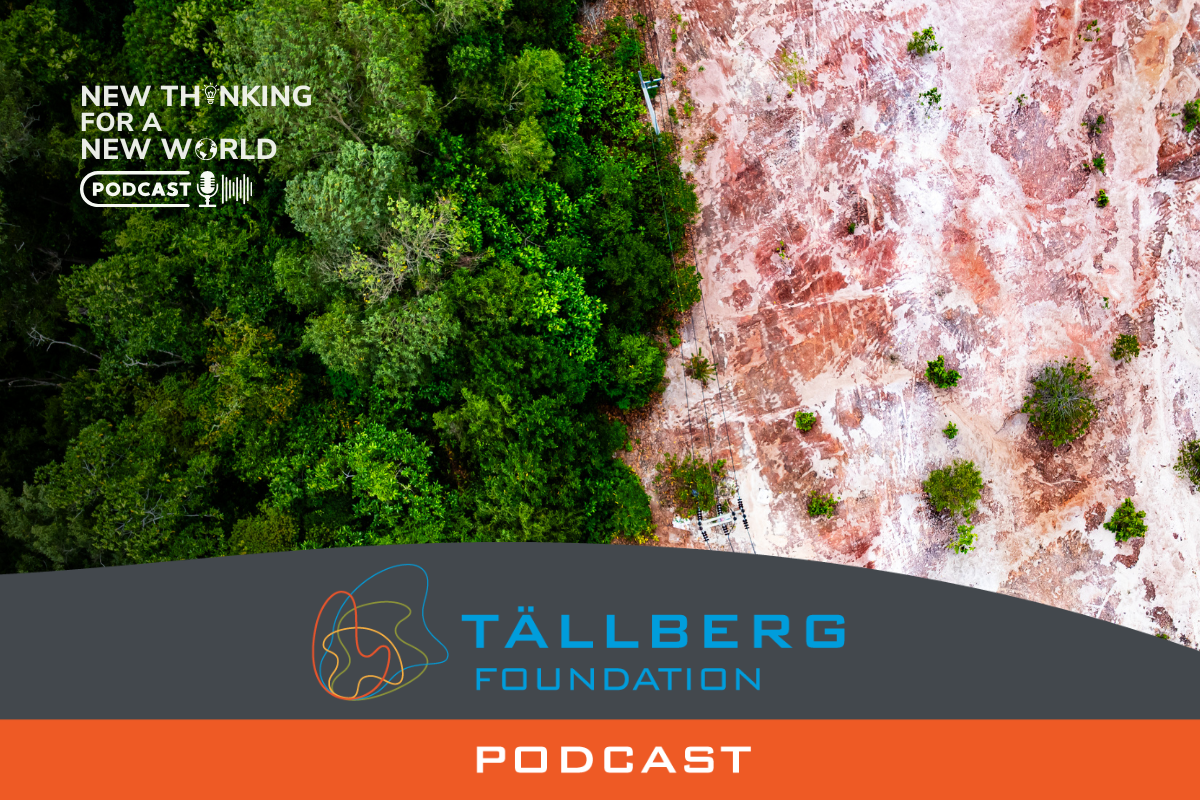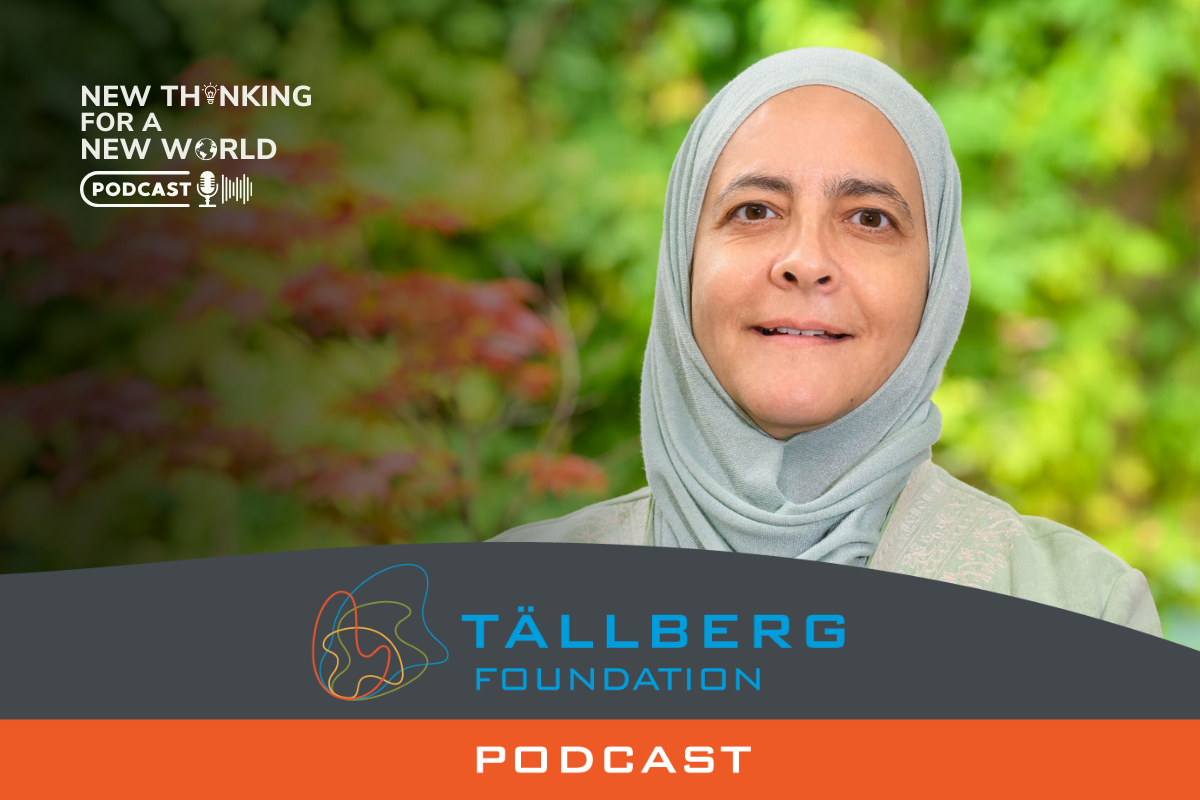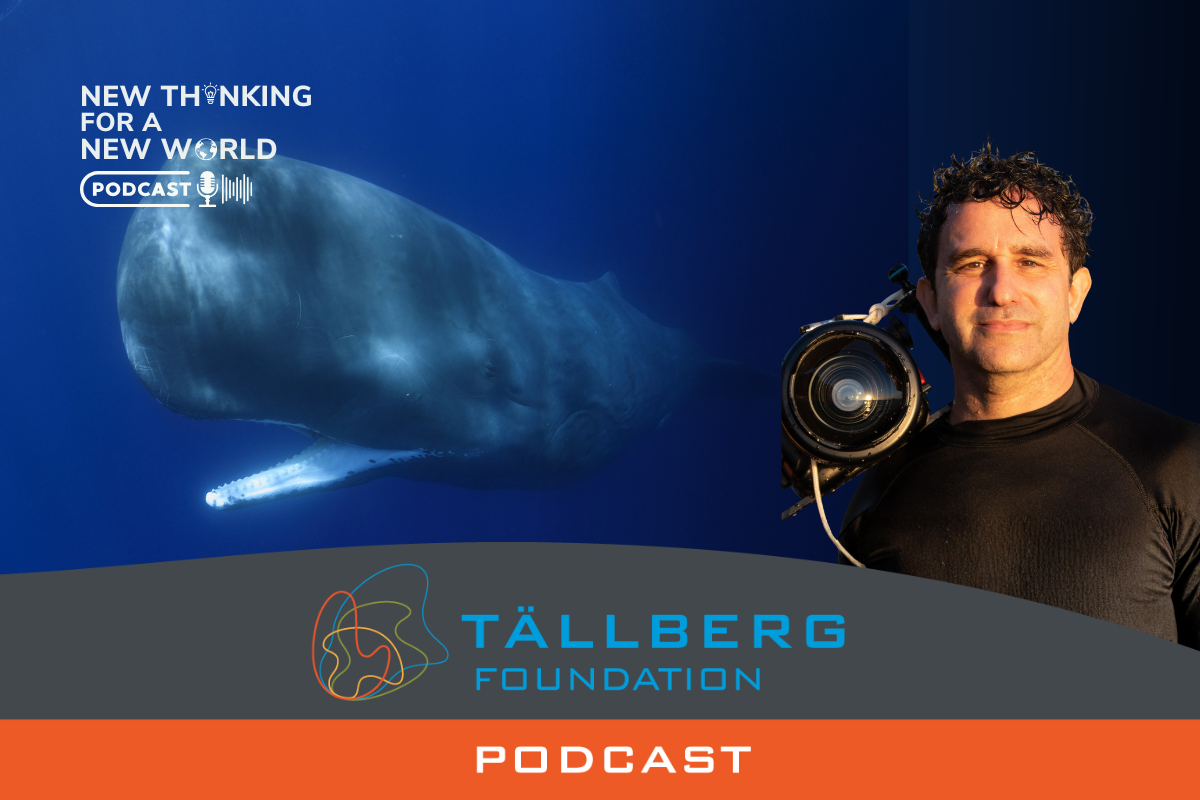Listen as Lars Åberg explains what Sweden has done right, but also what it has done wrong.
We live in the age of the refugee. Arguably, no country in the West has been more welcoming to refugees over the years than Sweden has. Progressive, secular, social democratic, Swedes have worked hard to integrate migrants into their society, to help refugees create new lives in their new home country. How then do you explain what happened last month during Easter when Stockholm, Malmö and other cities were racked by riots and violent clashes between police and mostly Muslim young men?
Lars Åberg is a journalist and author from Sweden. As a freelance reporter his work for newspapers, magazines, radio and television spans five decades, and he has also authored more than twenty non-fiction books with Swedish and American themes. Åberg has traveled extensively in the US, covering minority rights and societal and cultural issues. Two of his books, West (2011) and Floating in Sausalito(2016), have been published in English. In Sweden, he is a prolific writer on matters related to migration, integration and segregation, including a recent book trilogy on the effects of immigration on this once homogenous society.
What do you think? Comment below.
Listen to the episodes here or find us on a podcast platform of your choice (Apple podcast, Spotify, Acast, Stitcher, Google podcast, Youtube, etc)
We live in the age of the refugee—and the numbers of people fleeing their homes are almost certainly going to continue to increase. Will they be welcomed or will destination countries try to harden borders?
Arguably, no country in the West has been more welcoming to refugees over the years than Sweden has. Progressive, secular, social democratic, Swedes have worked hard to integrate migrants into their society, to help refugees create new lives in their new home country.
How then do you explain what happened last month during Easter when Stockholm, Malmö and other cities were racked by riots and violent clashes between police and mostly Muslim young men? The proximate cause was actual or rumored Quran burnings, but is something more fundamental happening? Many refugees fleeing Middle Eastern wars seem to have decided they don’t want to become Swedes Instead, they want to remain who they are, but to live in a safe, wealthy country. Is there space in Sweden for people who don’t want to be Swedish? What if many of those refugees reject Swedish progressive values in favor of Islamic values—whatever that means—in particular? And what does all of this imply for other countries who have not done anywhere near as much as Sweden has to welcome refugees?
Lars Åberg, one of his country’s leading journalists and a prolific author, has thought and written about these questions for years. His beat covers social affairs, culture, politics and the media. Listen as he explains what Sweden has done right, but also what it has done wrong.




Couldnt agree more. Europe has to put an end to this very real problem asap. For that, we need to have politicians that think and act long term, instead of short term policies that gives them either money or votes.
It is up to the people of Sweden to determine how they will exercise their social responsibilities. Perhaps by opting for peace and withdrawing for exploitative economic and military alliances?
By dismissing the many successful initiatives in the country for establishing dialogue (and action) for mutual understanding and living as misplaced ‘tolerance’ and characterising the people involved as duped do-gooders, Lars Åberg does a great disservice to the integration that is envisioned – an integration emerging from a dynamic interaction of contrasting elements; not only from the so-called ‘Muslim’ minority into the so-called ‘Swedish’ majority, but also the other way around. Lårs Åberg himself criticizes the prevalent Swedish smug attitude of living in the most perfect country and being the most perfect people. What if that attitude would be one of the greater obstacles to integrating foreigners and immigrants of any colour or creed? It is most unfortunate that Lars Åberg’s as well as by Alan Stoga’ language and framing used in this podcast ressembles the hate speech and extreme if not extremist policy proposals proposed by the right and extreme righ political parties and movements in the country.
From the viewpoint that sustainable democracy depends on sustainable economic development, business, and jobs, that rely on an able government that reflects the level of understanding. Produced by relevant in or universities, and emerges in society through education, schools, a free press, and free flow of information vigorously discussed. “Science is the only basis on which the government should act!” To do otherwise is to succumb to the mob and forego the advice of the ancients who gave us our democratic underpinnings!” Unfortunately, since the eighties, research grants flow into the patent-generating profitable field, pooh-poohing basic research for the common good? Such as interdisciplinary Canada, the US, (NA) Sweden, (Europe) Canada, IISRE research initiative (The International Institute for Sustainable Regional Economies) at UBC and MSU. Where did the Sweden and EU funds for the IISRE research initiative disappear –“corruption appears in many guises! Also, Sweden needs a discussion about the “local and global ethical responsibility of universities (and the press) to the society that makes up a western democracy’s political-economic government system (America founded 1787) and to humanity!
Is freedom not love? Externally, each one dresses as he wants, wears his hair as he wants, eats what he wants.
Internally, spiritually, psychologically, why can’t there be freedom?
Freedom is order. Because order is love.